
Pampa Azul, Argentina looking to the sea
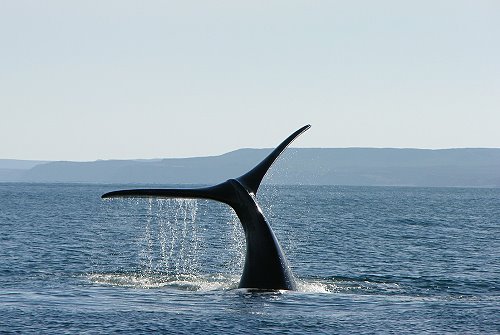 Argentina has one of the largest continental shelves on the planet an important marine food supplier and carbon dioxide sink through abundant primary productivity. A political cycle is closing in the country, after the recent elections with an extremely young winning party and a new president who proposes a paradigm shift in the administration. On 7 and 8 November 2023 some outgoing politicians, with the participation of professionals in State institutions and the help of NGOs, presented an assessment of what has been done so far in terms of marine sustainability in the context of the "First Congress of the Pampa Azul Initiative" in Mar del Plata, Argentina's fishing city par excellence.
Argentina has one of the largest continental shelves on the planet an important marine food supplier and carbon dioxide sink through abundant primary productivity. A political cycle is closing in the country, after the recent elections with an extremely young winning party and a new president who proposes a paradigm shift in the administration. On 7 and 8 November 2023 some outgoing politicians, with the participation of professionals in State institutions and the help of NGOs, presented an assessment of what has been done so far in terms of marine sustainability in the context of the "First Congress of the Pampa Azul Initiative" in Mar del Plata, Argentina's fishing city par excellence.
Towards a global network of MPAs for ocean governance
 Marine protected areas (MPAs) rightly attract more attention as international biodiversity agreements see them as major instruments to stop mass species extinctions and recover ocean health. Upon the initiative of MEPs Stéphane Bijoux and Catherine Chabaud the hybrid meeting on 7 November 2023 in the European Parliament and online featured results from the EU Ocean Governance project and other related projects.
Marine protected areas (MPAs) rightly attract more attention as international biodiversity agreements see them as major instruments to stop mass species extinctions and recover ocean health. Upon the initiative of MEPs Stéphane Bijoux and Catherine Chabaud the hybrid meeting on 7 November 2023 in the European Parliament and online featured results from the EU Ocean Governance project and other related projects.
Science and how to use it in a changing world
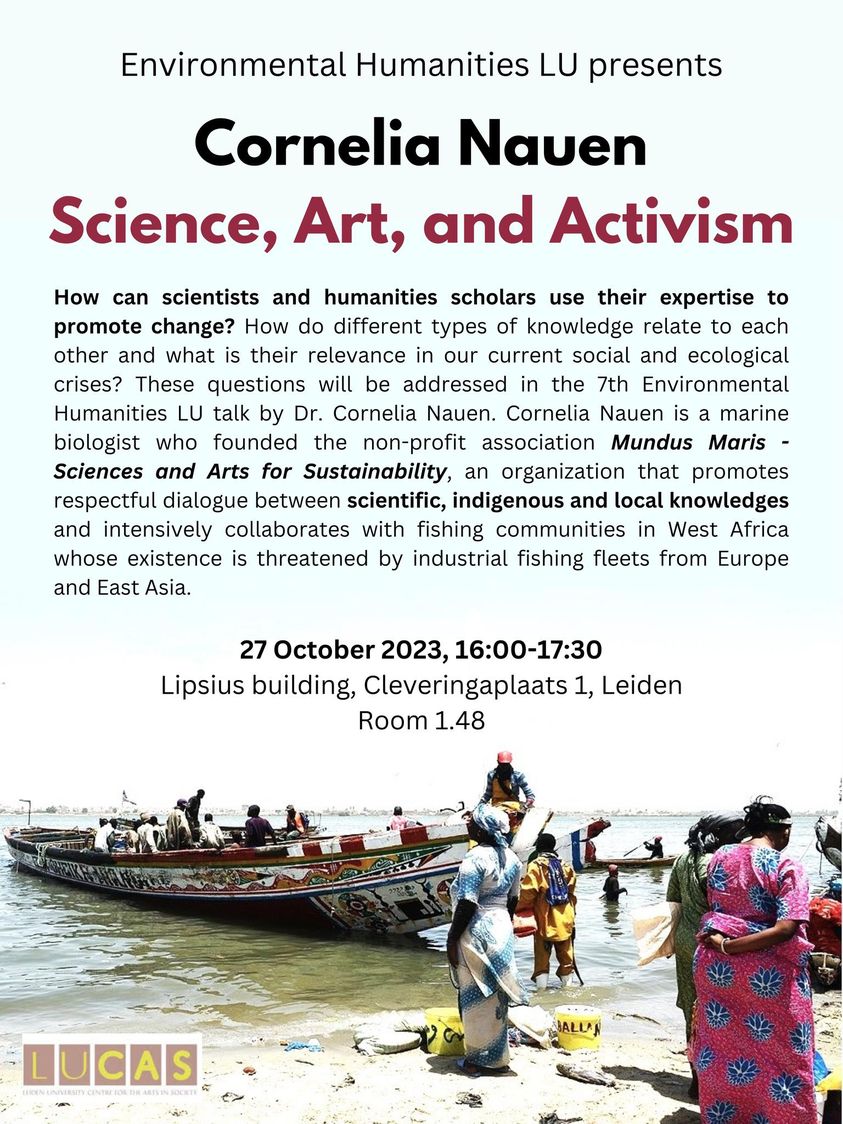 On 27 October, fisheries biologist Cornelia E. Nauen visited Leiden University (LU) to give the 7th Environmental Humanities LU talk about her work with Mundus maris - Sciences and Arts for Sustainability, the non-governmental organization she co-founded in 2010, and which promotes restoration, conservation and sustainable use of aquatic ecosystems, respect and support for small-scale fishers and their traditional cultures.
On 27 October, fisheries biologist Cornelia E. Nauen visited Leiden University (LU) to give the 7th Environmental Humanities LU talk about her work with Mundus maris - Sciences and Arts for Sustainability, the non-governmental organization she co-founded in 2010, and which promotes restoration, conservation and sustainable use of aquatic ecosystems, respect and support for small-scale fishers and their traditional cultures.
Celebrating World Food Day, 16 October, in Brussels with FAO
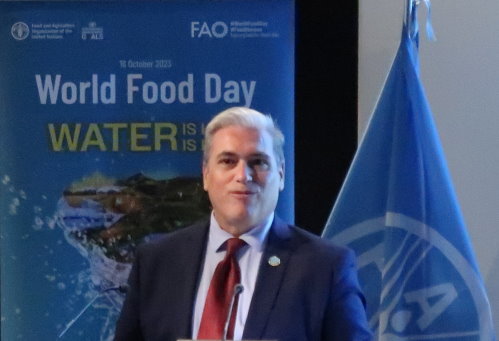 We produce globally enough food for all humans on the shared planet. Yet, according to latest estimates by the World Food Programme (WFP), conflicts, economic shocks, climate extremes and soaring fertilizer prices are combining to create a food crisis of unprecedented proportions. As many as 783 million people are facing chronic hunger. Europe has been active in supporting the fight against food insecurity and more, both short-term through ECHO and more long-term, primarly with FAO, WFP and other UN agencies. This was the backdrop for the FAO Office in Brussels headed by Raschad Al-Khafaji to invite to a gathering into the Royal Belgian Institute of Natural Sciences in Brussels on this year's World Food Day. The motto was: 'Water is life, water is food. Leave no one behind' in recognition that some 70% of all accessible freshwater resources go into food production.
We produce globally enough food for all humans on the shared planet. Yet, according to latest estimates by the World Food Programme (WFP), conflicts, economic shocks, climate extremes and soaring fertilizer prices are combining to create a food crisis of unprecedented proportions. As many as 783 million people are facing chronic hunger. Europe has been active in supporting the fight against food insecurity and more, both short-term through ECHO and more long-term, primarly with FAO, WFP and other UN agencies. This was the backdrop for the FAO Office in Brussels headed by Raschad Al-Khafaji to invite to a gathering into the Royal Belgian Institute of Natural Sciences in Brussels on this year's World Food Day. The motto was: 'Water is life, water is food. Leave no one behind' in recognition that some 70% of all accessible freshwater resources go into food production.
Challenges and Opportunities in the sustainability of Inland open water fisheries in India
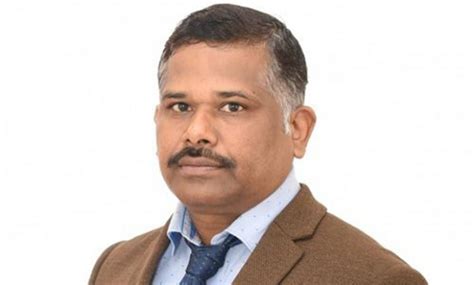 Small-scale inland fisheries of India primarily take place in rivers, lakes, floodplain wetlands, reservoirs, and estuaries upon which 23.12 million fishers depend for their livelihoods and nutritional security. Inland fisheries are affected by multi-dimensional impacts. In particular climate change, irrigation structures, encroachment from agriculture and urbanization, siltation, high fishing pressure, etc. are affecting their sustainability. In his V2V lecture Dr. Pranaya Kumar Parida, a Scientist at the Central Inland Fisheries Research Institute (CIFRI) suggested that a number of social, economic, technological and ecological interventions can help address at least some of these issues. His talk focuses on the initiatives of the research institute to promote sustainability by responding to vulnerabilities and transitioning towards viability.
Small-scale inland fisheries of India primarily take place in rivers, lakes, floodplain wetlands, reservoirs, and estuaries upon which 23.12 million fishers depend for their livelihoods and nutritional security. Inland fisheries are affected by multi-dimensional impacts. In particular climate change, irrigation structures, encroachment from agriculture and urbanization, siltation, high fishing pressure, etc. are affecting their sustainability. In his V2V lecture Dr. Pranaya Kumar Parida, a Scientist at the Central Inland Fisheries Research Institute (CIFRI) suggested that a number of social, economic, technological and ecological interventions can help address at least some of these issues. His talk focuses on the initiatives of the research institute to promote sustainability by responding to vulnerabilities and transitioning towards viability.
Webinar: Nigeria’s Fisheries challenges and opportunities
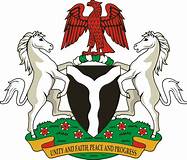 The new President of Nigeria has created a Ministry of Marine and Blue Economy as one of the innovations to social and economic development of Nigeria. However, fisheries and associated issues of healthy and productive aquatic environments remain so far under the Ministry of Agriculture, even though they are very important to a sustainable Blue Economy. The webinar organised on 26 September 2023 by Mundus maris and Fish Party with educational and research partners in Nigeria was intended to cast light on this sector and what was needed to enhance its resilitence. Special attention was paid to "Gender and Youths’ Economic Sustainability in the Decade of the Ocean Dialogue" as noted in the subtitle.
The new President of Nigeria has created a Ministry of Marine and Blue Economy as one of the innovations to social and economic development of Nigeria. However, fisheries and associated issues of healthy and productive aquatic environments remain so far under the Ministry of Agriculture, even though they are very important to a sustainable Blue Economy. The webinar organised on 26 September 2023 by Mundus maris and Fish Party with educational and research partners in Nigeria was intended to cast light on this sector and what was needed to enhance its resilitence. Special attention was paid to "Gender and Youths’ Economic Sustainability in the Decade of the Ocean Dialogue" as noted in the subtitle.
Mundus maris supports Climate marches, 15 and 17 September 2023
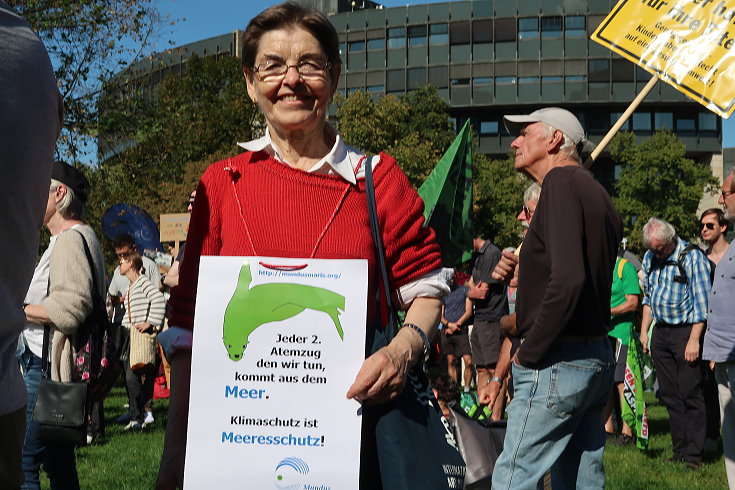 This was a great day for climate protection. On 15 September, 250,000 people turned out in 250 cities and towns in Germany alone demanding Climate Justice NOW!. Many more shouted out this demand around Europe and across the globe. Fridays For Future and countless supporters in civil society, trade unions and a wide range of scientists, artists, and green and blue activists took to the streets. On Sunday, some other marches are scheduled in Brussels, Belgium, and other places. Mundus maris supported the renewed drive demanding governments to stop fossils and rather throw their support decisively behind renewables. An unbelievable 440 Billion USD have been invested over the last months in new fossil extractions on land and in the sea!
This was a great day for climate protection. On 15 September, 250,000 people turned out in 250 cities and towns in Germany alone demanding Climate Justice NOW!. Many more shouted out this demand around Europe and across the globe. Fridays For Future and countless supporters in civil society, trade unions and a wide range of scientists, artists, and green and blue activists took to the streets. On Sunday, some other marches are scheduled in Brussels, Belgium, and other places. Mundus maris supported the renewed drive demanding governments to stop fossils and rather throw their support decisively behind renewables. An unbelievable 440 Billion USD have been invested over the last months in new fossil extractions on land and in the sea!
Presenting the FishBase app at the Symposium in Tervuren
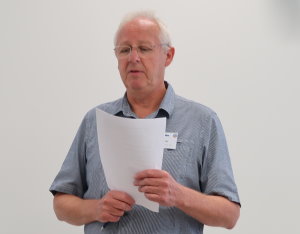 The FishBase Team of the Royal Museum for Central Africa in Tervuren, Belgium, headed by Prof. Jos Snoeks, hosted the annual FishBase-SeaLifeBase Symposium for the fourth time on 4 September 2023. The public event featured interesting talks by representatives of many of the organisations already sustaining work on the global biodiversity data systems covering all fish species and all non-fish animals in the ocean or planning to do so. In addition, several researchers from other Belgian research institutes gave presentations of related work. As a new feature two flash talk sessions offered further research updates for online and onsite participants. The scientific advances presented thanks to using these data systems were impressive.
The FishBase Team of the Royal Museum for Central Africa in Tervuren, Belgium, headed by Prof. Jos Snoeks, hosted the annual FishBase-SeaLifeBase Symposium for the fourth time on 4 September 2023. The public event featured interesting talks by representatives of many of the organisations already sustaining work on the global biodiversity data systems covering all fish species and all non-fish animals in the ocean or planning to do so. In addition, several researchers from other Belgian research institutes gave presentations of related work. As a new feature two flash talk sessions offered further research updates for online and onsite participants. The scientific advances presented thanks to using these data systems were impressive.
The appropriation by modern humans of the Earth and the Oceans
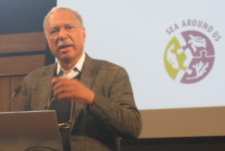 Excellent opportunity to join a lecture of acclaimed author and long-time friend, Daniel Pauly, at the Naturalis Biodiversity Center in Leiden, Netherlands, on 2 September 2023. Despite the weekend, the lecture hall was packed full with scientists, managers, representatives of civil society and nature protection organisations, media and some people from government departments. They were not disappointed in their expectation to hear a bold interpretation of deep history of our species as it invaded every last corner of the planet. Means, as a species we are successful, aren't we? Let's see in a whistle stop tour through our history.
Excellent opportunity to join a lecture of acclaimed author and long-time friend, Daniel Pauly, at the Naturalis Biodiversity Center in Leiden, Netherlands, on 2 September 2023. Despite the weekend, the lecture hall was packed full with scientists, managers, representatives of civil society and nature protection organisations, media and some people from government departments. They were not disappointed in their expectation to hear a bold interpretation of deep history of our species as it invaded every last corner of the planet. Means, as a species we are successful, aren't we? Let's see in a whistle stop tour through our history.
Join the Global Climate Strike, 15 September 2023
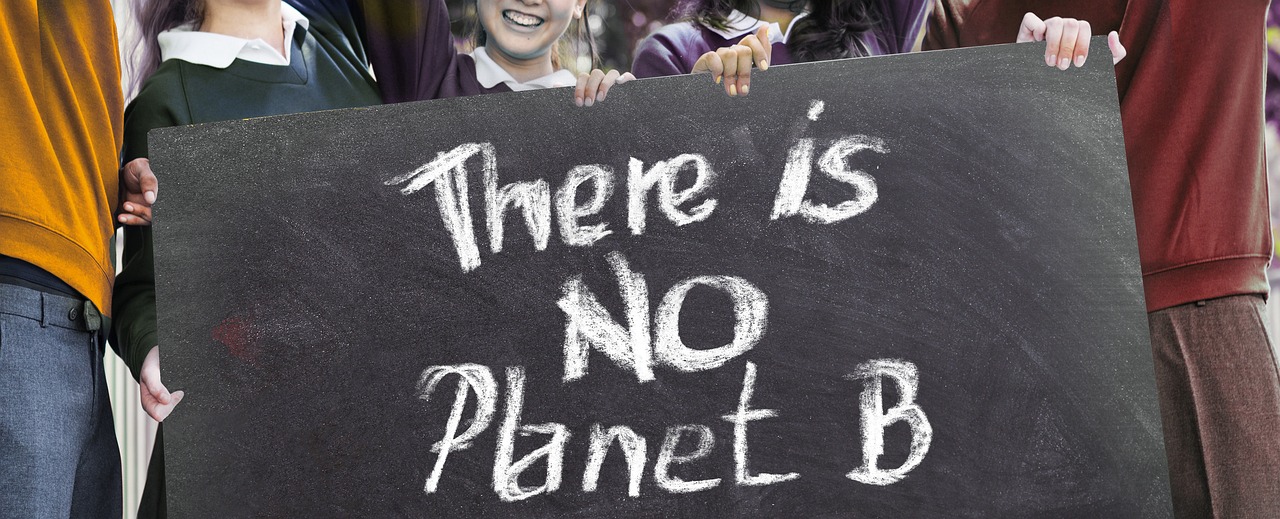 Fridays for Future and a very large number of organisations, including Mundus maris, invite you to join the world-wide marches to wean our economies from fossil fuels and protect the climate. After record-breaking temperatures, wildfires of unprecedented scale and torrential rains wreaking havoc in others everybody understands that it's high time to act and transform the way we do business, move, produce and consume in ways to fast track renewables and phase out fossils - really fast.
Fridays for Future and a very large number of organisations, including Mundus maris, invite you to join the world-wide marches to wean our economies from fossil fuels and protect the climate. After record-breaking temperatures, wildfires of unprecedented scale and torrential rains wreaking havoc in others everybody understands that it's high time to act and transform the way we do business, move, produce and consume in ways to fast track renewables and phase out fossils - really fast.
Download the poster which you can easily print on A4, A3 or even bigger on carton and use during the action day. Look up the march or strike activities closest to you.
Reimagining Sustainable Small-Scale Fisheries Through the Lens of Water Quality
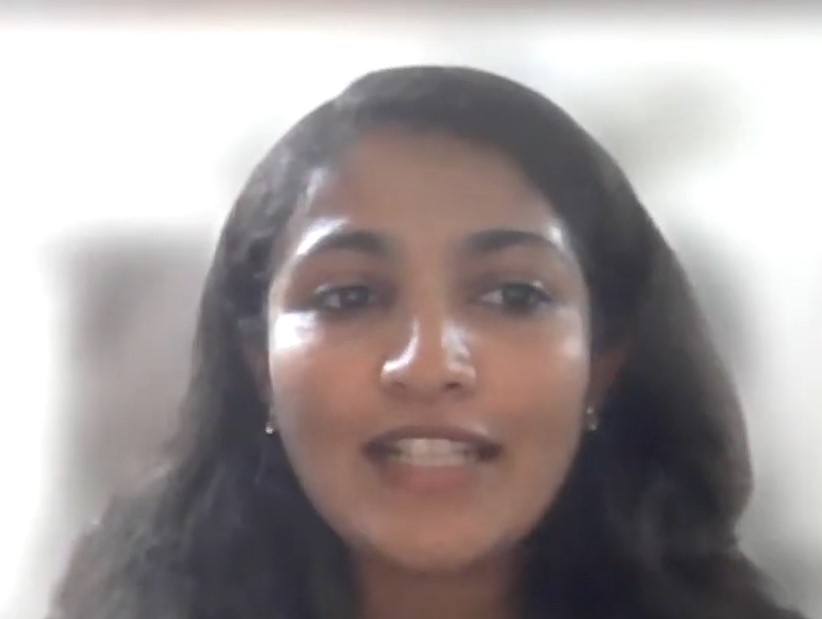 Small-scale fisheries face multidimensional vulnerabilities from natural (e.g., disasters, ecosystem shifts) and human factors (e.g., policy, aquaculture, infrastructures, pollution). Despite extensive research on these, the connection between vulnerability and water quality remains unexplored. Fishing communities relate fish to aquatic health, highlighting the importance of water quality. In this webinar Navya Vikraman Nair, PhD candidate at the University of Waterloo, Canada, delved into how water quality impacts vulnerabilities in small-scale fisheries.
Small-scale fisheries face multidimensional vulnerabilities from natural (e.g., disasters, ecosystem shifts) and human factors (e.g., policy, aquaculture, infrastructures, pollution). Despite extensive research on these, the connection between vulnerability and water quality remains unexplored. Fishing communities relate fish to aquatic health, highlighting the importance of water quality. In this webinar Navya Vikraman Nair, PhD candidate at the University of Waterloo, Canada, delved into how water quality impacts vulnerabilities in small-scale fisheries.






